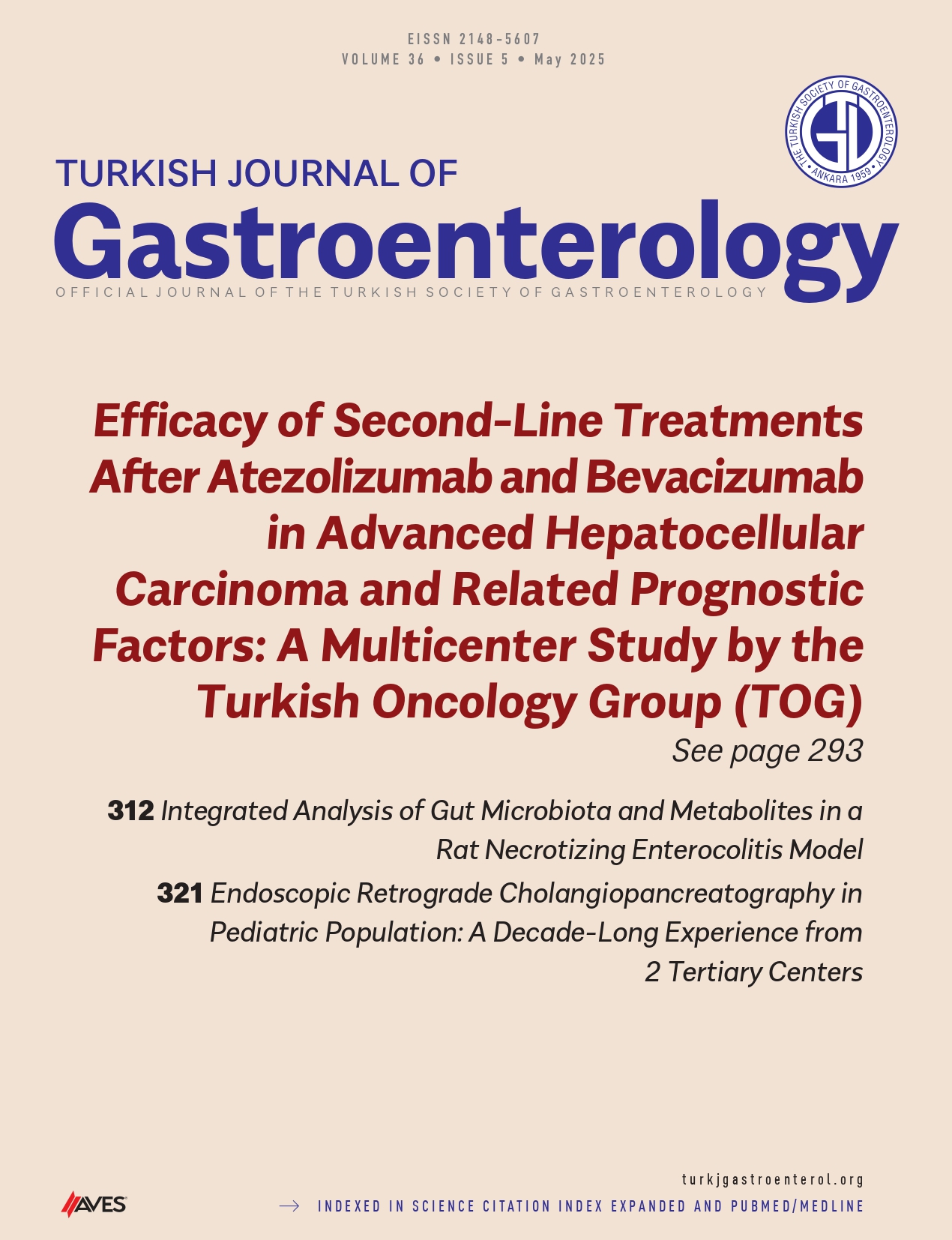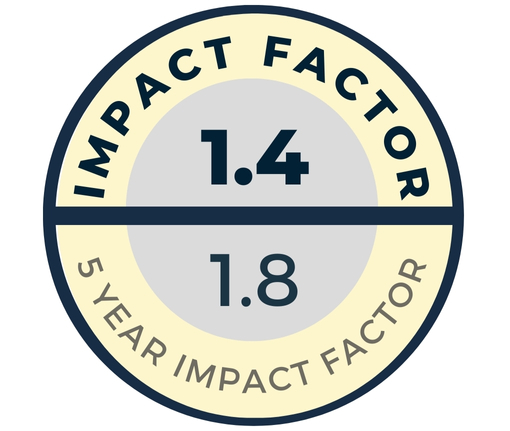Background/Aims: Ulcerative colitis (UC), an idiopathic and chronic inflammatory disease, primarily targets the mucosal lining of the colon. This research endeavors to reveal the mechanism of insulin-like growth factor 2 mRNA-binding protein 2 (IGF2BP2) and nuclear receptor coactivator-3 (NCOA3) in UC-induced intestinal mucosal barrier dysfunction.
Materials and Methods: Dextran sodium sulfate (DSS) was used for UC mouse modeling, followed by an assessment of the disease activity index, intestinal barrier integrity, and intestinal permeability assessment through FITC-glucan assay. microRNA (miR)-222-3p, IGF2BP2, and NCOA3 levels in colon tissues of mice were detected. The targeted binding of miR-222-3p to IGF2BP2 was determined using a dual-luciferase assay. The enrichment of IGF2BP2 or N6-methyladenosine (m6A) on NCOA3 mRNA in YAMC cells was tested by RNA immunoprecipitation and m6A RNA immunoprecipitation assays, and the mRNA stability of NCOA3 was determined after actinomycin D treatment.
Results: miR-222-3p was increased while IGF2BP2 and NCOA3 were decreased in the colon tissues of UC mice. IGF2BP2 overexpression effectively alleviated intestinal injury and reinstated the functional integrity of the mucosal barrier in DSS mice. IGF2BP2 recognized and bound to the m6A site of NCOA3 and increased mRNA stability, and miR-222-3p negatively regulated IGF2BP2. NCOA3 downregulation abated the beneficial impact of IGF2BP2 overexpression on DSS mice. miR-222-3p downregulation upregulated IGF2BP2/NCOA3 expression to protect against intestinal mucosal barrier dysfunction.
Conclusion: IGF2BP2 was repressed by miR-222-3p, yet IGF2BP2 increased the stability of NCOA3 mRNA via an m6A-dependent pathway, ultimately leading to attenuation of UC-related intestinal mucosal barrier impairment and UC progression.
Cite this article as: Li R, Gu B, Lv A. Regulatory role of IGF2BP2 in intestinal mucosal barrier dysfunction in ulcerative colitis. Turk J Gastroenterol. Published online January 6, 2025. doi 10.5152/tjg.2025.24192.





.png)